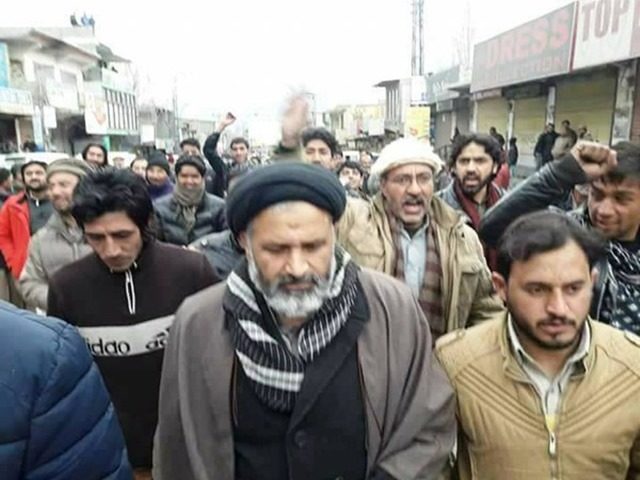In the article titled ‘Storm in Gilgit-Baltistan’, Rehman appears to be critical of the federal government’s move to prepare a “highly controversial” scheme of constitutional reforms for Gilgit-Baltistan (GB) without giving that area the status of a province like it has done with Punjab, Sindh, Balochistan and Khyber Pakhtunkhwa, and believes that all stakeholders must be consulted to prevent a situation that could go out of control.
He says, ” As if it did not have enough crises on its hands in the final days of its tenure, the government has stirred up a hornet’s nest by preparing a highly controversial scheme of constitutional reforms for Gilgit-Baltistan (GB).”
He further states that when the The National Security Committee (NSC) has advised the federal government to consult stakeholders on the draft measure titled ‘Government of Gilgit-Baltistan Order, 2018’, on May 3, why isn’t it doing so.
” Any other observer might have said the same thing because, among other objections, a lack of consultation with the people concerned is writ large on the document,” Rehman adds.
In his article, Rehman lists seven reasons why the ‘Government of Gilgit-Baltistan Order, 2018’ could invite opposition and objection , both in the short as well as the long term. These are as follows:
- The Government of Pakistan will (continue) oversee the management of Gilgit-Baltistan affairs through the federal prime minister instead of the GB Council as hitherto.
- The prime minister will perform in relation to GB the functions assigned to the president of Pakistan. He will have the power to make laws for GB and a law made by him will override a law made by the territory’s legislature, now called GB Assembly, after deletion of the word ‘legislative’ from its title.
- All Pakistanis recognised by the Pakistan Citizenship Act of 1951 as well as residents and those holding GB domicile will be citizens of the area (the only word used to describe GB, as the word ‘province’ is never used for it). This definition of citizenship will give Pakistanis from outside GB significant advantages over the natives.
- The order incorporates the fundamental rights (with additional constraints on the right to freedom of association and deletion of the reference to freedom of the press from the article on freedom of expression) and the Principles of Policy given in the Constitution of Pakistan.
- Also incorporated are the articles from the Constitution of Pakistan dealing with the definition of a voter and the election of members of the assembly (with some pruning of the parliamentarians’ disqualification clauses).
- The GB assembly shall not discuss “matters relating to foreign affairs, defence, and internal security” and the conduct of a judge.
- No citizen of GB is likely to become the chief judge of the Supreme Appellate Court because only retired judges of Pakistan’s Supreme Court and retired chief justices of high courts of Pakistan are eligible.
In his article, Rehman makes a case for the need for the Pakistan administration to listen to the country’s vibrant and opinionated student community as to what they have to say on the issue of Gilgit-Baltistan.








